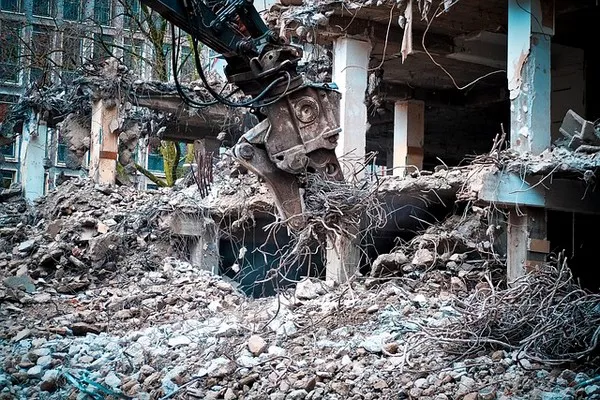Leaders from around the world, including President Joe Biden, convened in San Francisco for the Asia-Pacific Economic Cooperation (APEC) conference to engage in discussions with Silicon Valley leaders on the future of artificial intelligence (AI). The central question looming over the conference was whether AI would propel humanity to new heights or lead to a dystopian nightmare.
“The world is at an inflection point — this is not hyperbole,” remarked President Biden at a CEO summit held alongside APEC. He emphasized the pivotal nature of the decisions made today, asserting that they would shape the direction of the world for decades to come.
While technology CEOs expressed optimism about AI’s potential to enhance productivity and improve standards of living, concerns were raised about the broader implications of its unchecked development. Microsoft CEO Satya Nadella, a staunch supporter of AI, likened its transformative impact to that of personal computers, the internet, and smartphones. He highlighted the shift toward natural language interaction with computing, enabling computers to understand human intent.
Google CEO Sundar Pichai, echoing this optimism, emphasized the need for diligence in harnessing AI’s power for the greater good. He drew parallels to previous technological advances, noting that responsible control was crucial, as it had been in the industrial revolution.
Investors have mirrored this enthusiasm, driving significant gains in the stock prices of AI-centric companies like Microsoft and Google’s parent company, Alphabet Inc. Both have seen their stock prices surge by over 50% this year, contributing to a combined $1.6 trillion increase in shareholder wealth.
However, voices outside the tech industry, including former U.S. Secretary of State Condoleezza Rice and Robert Moritz, global chairman of PricewaterhouseCoopers, urged caution. Rice acknowledged the benefits of AI but also emphasized the potential for misuse, while Moritz expressed concerns about the potential displacement of jobs and the need for comprehensive training programs.
San Francisco, the host city of APEC, sees AI investments and the growth of startups like OpenAI and Anthropic as key to revitalizing the city’s economy in the wake of pandemic-driven changes in work patterns.
Despite the optimistic outlook, the existential threat posed by AI has led tech mogul Elon Musk to launch xAI, a startup aimed at addressing AI’s potential risks. OpenAI CEO Sam Altman, while optimistic about AI’s potential, stressed the importance of establishing guardrails to protect humanity from the significant leaps being made by computers.
As discussions continue, the global community grapples with the balance between AI’s promise and the need for safeguards to prevent unintended consequences.

